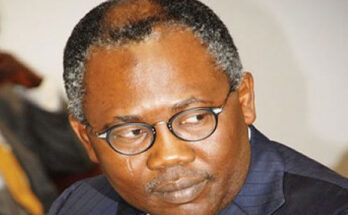The Network of Disabled Women (NDW) has lauded the appointment of Asabe Vilita Bashir as the Director General of the National Centre for Women Development (NCWD) by President Muhammadu Buhari, calling on her to prioritise the growth and development of women especially those living with disabilities.
President and Chief Executive Officer (CEO) of the network, Lois Auta-Udonkanta, made the call in a statement signed in Abuja at the weekend, noting that women with disabilities were not being adequately carried along in various trainings available for women at the centre.
The statement also noted the increasing number of unemployed people living with disabilities in the country, adding that the lack of inclusion in programmes that benefit women has remained the bane to their economic empowerment and development.
“One of the reasons persons with disabilities are excluded from employment is that they encounter barriers to participation in education and training, so they are denied access to the skills they need to find jobs or set up their own businesses.
“Traditionally, when persons with disabilities have been offered vocational skills training, it has been in sheltered, segregated settings where persons with disabilities are congregated and supervised or trained by persons outside those groups. These are often the main vocational skill building opportunities open to them, but they contain inherent challenges for those interested in educating themselves to enter the open labour market.
“Persons with disabilities do not learn the social and soft skills that are needed in an open, competitive job market as they miss the necessary exposure to that market.
“Skills taught are often segregated by type of impairment or chosen based on what is considered appropriate for a certain type of impairment rather than on the students’ own interests or abilities,” she added.
The CEO stressed the need for sheltered training programmes for women with disabilities, saying this would enable a significant number of disabled women to gain employment and therefore become economically empowered.




